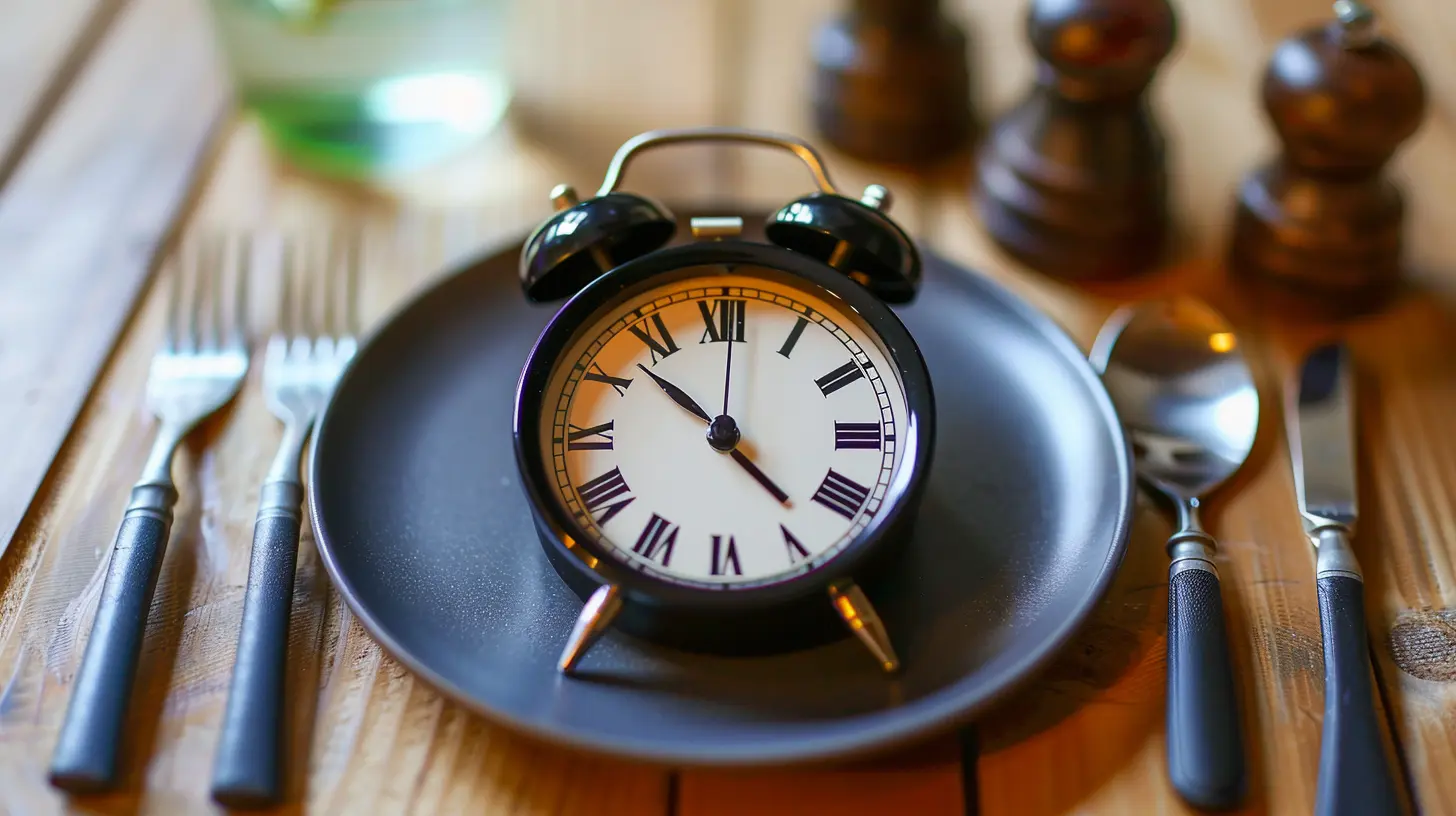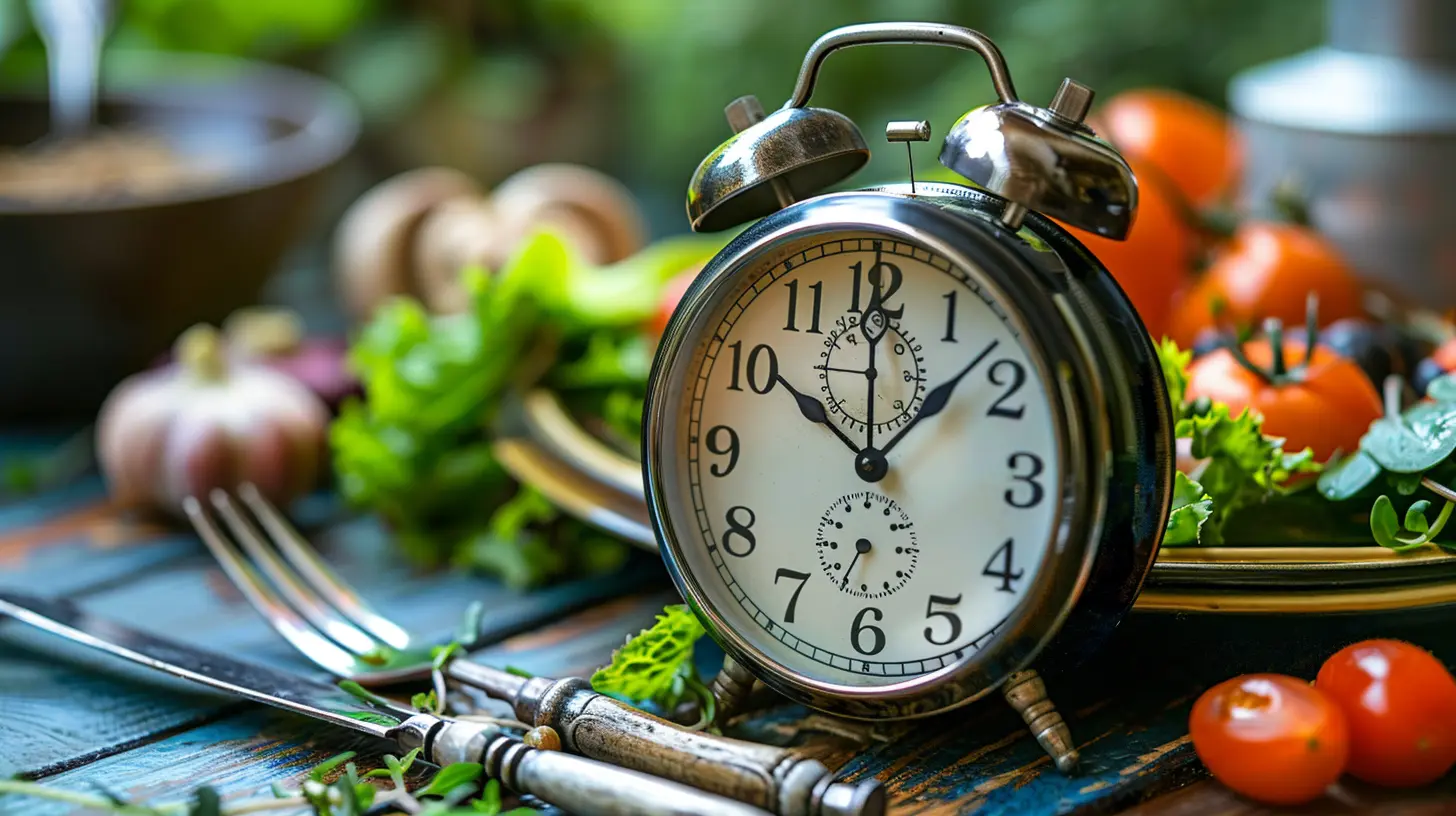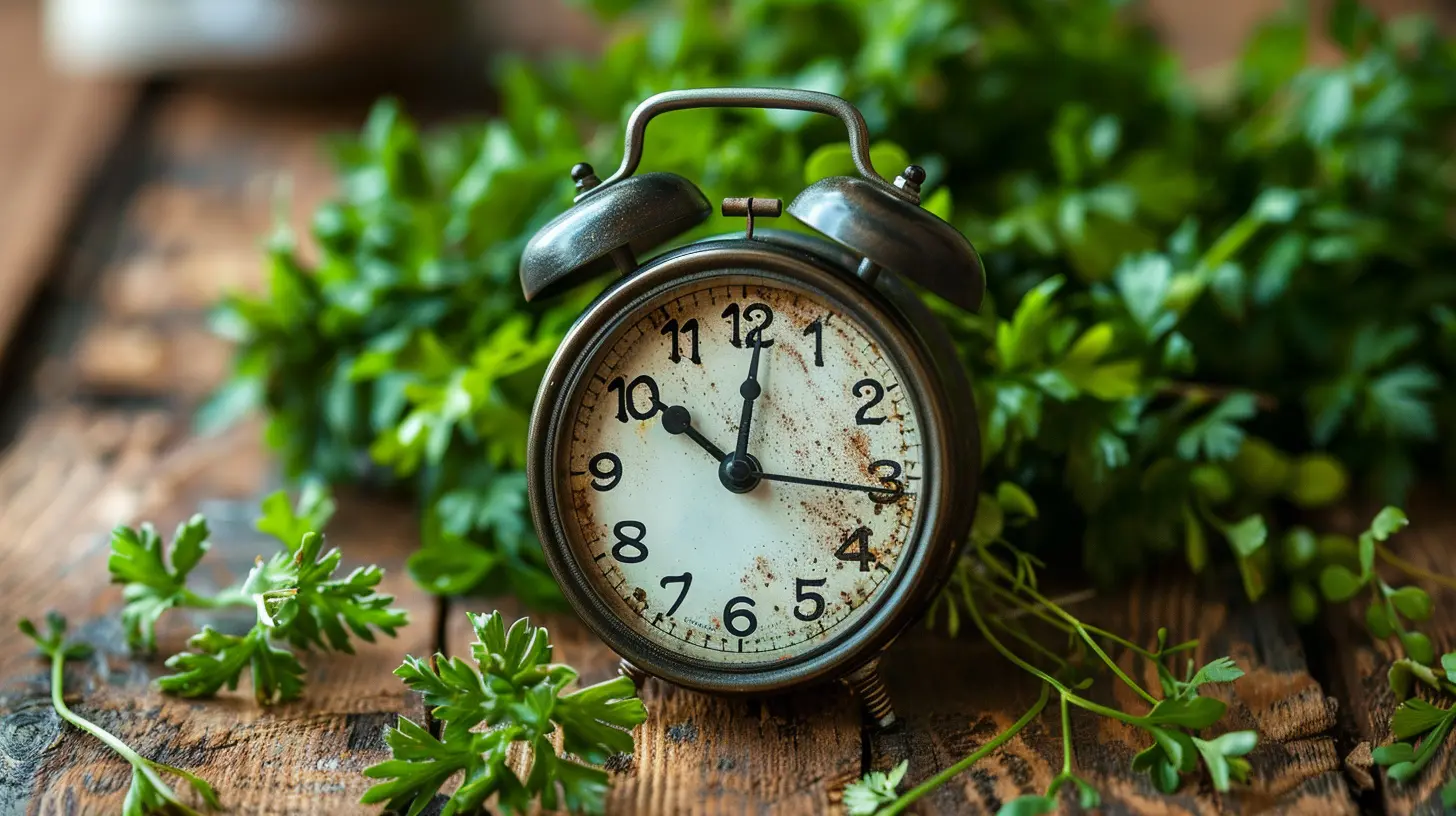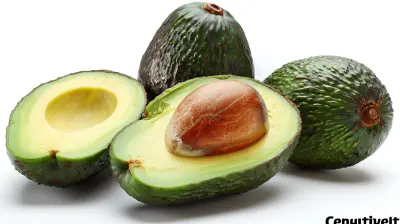Fasting in Sync With Your Circadian Rhythm for Best Results
27 May 2025
Ever tried fasting and felt like it just didn’t work for you? Maybe you were doing everything right—cutting calories, skipping meals, avoiding snacks—but the scale didn’t budge or you felt drained. Here’s a thought: what if it’s not just what or how much you eat, but when you eat that really matters?
Welcome to the world of fasting in sync with your circadian rhythm—a natural, science-backed approach that aligns your eating habits with your body’s internal clock. This isn’t just another diet fad. It's built on biology, and it could be the key to getting better results from your fasting routine.
Let’s dive deep and break down how syncing your fasting with your circadian rhythm can level up your health, energy, and even your weight loss journey.
What Is Your Circadian Rhythm, Anyway?
You’ve probably heard the term thrown around in sleep articles or podcasts, but let’s simplify it.Your circadian rhythm is basically your body’s 24-hour internal clock. It regulates a ton of essential functions—when you feel sleepy, when you're alert, how your hormones fluctuate, and yes, even how your body processes food.
Think of it like your body’s natural schedule, programmed by light and darkness. When you wake up with the sun, your body kicks into "day mode," revving up your metabolism, increasing insulin sensitivity, and prepping your digestive system. As night falls, everything starts slowing down, getting ready for rest and repair.
Now here’s the kicker: when you eat against this natural schedule—like late-night snacking or erratic meal times—you’re basically working against your body instead of with it.
Why Traditional Fasting May Not Be Enough
Intermittent fasting (IF) has exploded in popularity, and for good reason. It can help with weight loss, improve insulin sensitivity, boost energy, and even extend lifespan. But not all fasting windows are created equal.Most people pick a fasting window that fits their lifestyle—like skipping breakfast and eating from 12 PM to 8 PM. Sounds convenient, right? Problem is, that might be totally misaligned with your body’s circadian rhythm.
Eating late, especially after sunset, when your metabolism naturally slows down, can mess with your glucose control, lead to fat storage, and even disrupt sleep. Not exactly ideal if you're chasing results.
The Case for Circadian Fasting
So, what’s fasting in sync with your circadian rhythm all about? It prioritizes when you eat in harmony with your body’s natural biological clock—essentially keeping food intake during daylight hours. It's often called early time-restricted feeding (eTRF).Here’s the simple breakdown:
- Eat during daylight, ideally finishing dinner by 6–7 PM.
- Fast overnight, typically 13–16 hours, until your next meal in the morning or early afternoon.
It's less about the classic 16:8 or 18:6 IF structures, and more about timing meals when your body is most prepared to handle them.
Real Benefits of Circadian-Aligned Fasting
Alright, let’s talk results. What can you expect when you start syncing your fasting with your circadian rhythm?1. Better Blood Sugar Control
When you eat during the day, your body is naturally more insulin-sensitive. That means it processes glucose more efficiently and keeps your blood sugar levels stable. Eating late at night, on the other hand? That’s prime time for insulin resistance and fat storage.2. Improved Metabolism
Think of your metabolism like a fire—it burns brightest in the morning and dims as the day goes on. Eating your biggest meals earlier in the day when your metabolism is humming can lead to better digestion and more efficient calorie burning.3. Weight Loss That Actually Sticks
Research shows that people who eat earlier in the day tend to lose more weight than those who eat the same number of calories late at night. It’s not just about calorie-counting; it’s about when those calories hit your system.4. Deeper, More Restful Sleep
Late-night meals can disrupt melatonin production and throw off your sleep-wake cycle. When you finish eating a few hours before bed, your body shifts into repair mode—not digestion—leading to better sleep quality.5. Reduced Inflammation
Chronic late-night eating can increase inflammation, which is tied to a bunch of nasty stuff—heart disease, diabetes, even certain cancers. Circadian fasting helps keep those inflammatory markers in check.How to Start Fasting With Your Circadian Rhythm
Thinking of giving this a shot? You don’t need to upend your entire life to get started.Here’s a step-by-step guide to ease into it:
Step 1: Know the Ideal Eating Window
Aim to keep your eating between 8 AM to 6 PM. Adjust slightly based on your schedule, but the idea is to stop eating a few hours before bed.Step 2: Start Small
Don't jump into a 16-hour fast right away. Begin with 12 hours (say, 7 PM to 7 AM) and gradually increase your fasting length as you get comfortable.Step 3: Front-load Your Calories
Make breakfast and lunch your heartier meals and keep dinner light. You’ll notice a difference in energy and digestion.Step 4: Respect the Fast
During the fasting window, stick to water, black coffee, or herbal tea. Avoid calorie-containing drinks or midnight snacks—they’ll break the fast and throw off the rhythm.Step 5: Stay Consistent
Circadian rhythms thrive on routine. Try to keep regular meal times and sleep schedules—even on weekends.Who Should Try Circadian Fasting?
Honestly? Just about anyone can benefit. But especially if you:- Struggle with weight loss despite "doing everything right"
- Experience energy slumps or brain fog
- Battle with cravings or binge eating at night
- Have trouble sleeping or waking up refreshed
- Want to reduce risk factors for chronic illnesses
Of course, if you’re pregnant, have diabetes, or a history of eating disorders, chat with your healthcare provider before making changes.
Common Mistakes to Avoid
Let’s keep it real—switching up eating habits is never perfect. Watch out for these pitfalls:❌ Skipping breakfast entirely
If your fasting window ends early in the afternoon, make sure to get a solid breakfast. Think protein, healthy fats, and complex carbs.❌ Eating too little too soon
It’s tempting to under-eat when your eating window shortens, but you still need enough nutrients to fuel your day.❌ Getting too strict
Life happens. Don’t beat yourself up if dinner runs late or you snack one night. This isn’t about perfection—it’s about alignment over time.❌ Ignoring your body’s cues
Fasting should make you feel better, not worse. If you’re constantly exhausted, irritable, or losing sleep, adjust your timing or duration.FAQs About Circadian Fasting
📌 Can I still drink coffee in the morning before eating?
Yes! Black coffee is fine during your fast. Just skip the cream and sugar.📌 What if my work schedule doesn’t allow early eating?
You might need to adjust within reason. Try eating a mid-morning breakfast and completing your meals by early evening.📌 Is this the same as intermittent fasting?
It's a form of IF, but more focused on when you eat rather than how long you fast. The goal is syncing with your natural body rhythm.Final Thoughts: It’s Not Just About When You Don’t Eat—It’s About When You Do
Fasting in sync with your circadian rhythm isn’t just a trend—it’s a smarter, more intuitive way to nourish your body. Instead of fighting your biology, you’re flowing with it. Think of it like dancing to the rhythm of your own internal beat.Start small, be patient with yourself, and listen to your body. Over time, you might just unlock new energy, better sleep, and results that finally stick.
Just remember—it’s not about being perfect. It’s about finding a rhythm that feels right and works with your life. Because when you align with your body’s natural clock, everything else starts to click.
all images in this post were generated using AI tools
Category:
Intermittent FastingAuthor:

Laurie Barlow
Discussion
rate this article
3 comments
Melanie Gates
This article offers insightful strategies on aligning fasting with circadian rhythms, highlighting potential benefits for health and well-being. Worth exploring!
June 13, 2025 at 3:22 AM

Laurie Barlow
Thank you for your thoughtful comment! I'm glad you found the strategies insightful. Exploring the connection between fasting and circadian rhythms can indeed lead to improved health outcomes.
Katalina Graham
Great article! It’s fascinating how aligning fasting with our natural rhythms can enhance well-being. Understanding our bodies' needs is essential for success. Looking forward to trying these insights for a healthier lifestyle! Thank you for sharing!
June 9, 2025 at 2:49 AM

Laurie Barlow
Thank you for your kind words! I'm glad you found the insights helpful. Wishing you success on your journey to better health!
Zevonis Peterson
Great article! Aligning fasting with our circadian rhythms is an insightful approach to enhance health benefits. Thank you for sharing these valuable insights on optimizing our well-being!
June 2, 2025 at 2:35 AM

Laurie Barlow
Thank you for your kind words! I'm glad you found the insights on circadian alignment helpful for enhancing health.



